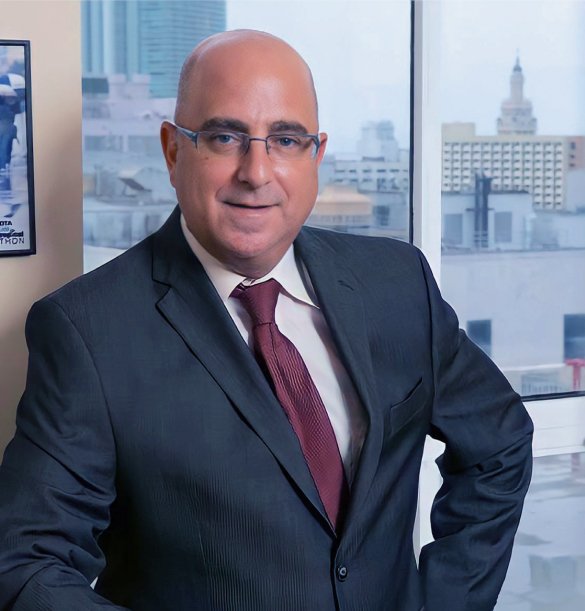Nearly 30 Years of Diligently Representing Accident Victims
Are you suffering from a serious injury due to no fault of your own? Did your household product, medicine, or medical device cause serious health damage? Are you overwhelmed by the pain, emotional stress, and financial pressure that has been forced on you and your family? Don’t wait or hope for justice — let Gregg Goldfarb help you demand it from the people responsible.
Gregg has three decades of experience helping Miami and statewide Florida residents, small businesses, and medical professionals. By partnering with the most experienced attorney, his practice assists with representation in motor vehicle accidents, mass torts, defective products, insurance/PIP insurance, civil rights, and whistleblower claims.























